Last Updated: 07/05/2025
Why Dogs Smell
Have you ever wondered about that doggy smell? Find out what may be behind this all too familiar odour from our vet team.
Author: Dr Elise Barry BVSc (Hons)
Reading Time: 5 minutes - short read
All dogs smell and as much as you may try to disguise it, their woofy odour cannot be quashed. Dogs possess a unique scent emanating from the glands of their skin and hair follicles, and while it may not be particularly appealing to us, this smell is totally normal and specific to your pooch.
Scent marking is the way your dog marks out his territory and it helps other dogs identify your dog and where he's from. Although this doggy cologne is normal, it should only be subtle if your dog is in good health with regular grooming and bathing.
At times your dog may be smellier than normal. Dogs love to roll and cover themselves in abhorrent scents including faeces, rotting material and decaying carcasses. This harks back to primitive behaviour when their ancestors had to hide their smell from prey or it could be used as a way to demonstrate to their pack what they had been up to. This particular problem is easily fixed by removing the offending scent by washing your dog in a dog friendly shampoo and by trying to prevent them from accessing the source of the smell. For more tips check out Why Does My Dog Roll in Smelly Things?
When a Bad Smell Means Something More

While all pooches will have their own distinct brand of 'eau de dog,' unpleasant odours arising from your dog can also be an indication of an underlying disease process. There could be a number of issues going on including skin and ear infections, dental disease, digestive upset or anal gland issues.
Skin and ear infections
Some dogs may have allergies to fleas, foods and environmental allergens which can lead to skin and ear infections. Often these infections can smell yeasty as they are caused by an overgrowth of Malassezia pachydermatis, a normal fungus that lives on your dog's skin.
In cases of skin infection, your dog will need to visit the vet to identify and treat the cause of the infection which is the source of the odour.
Once the source of the odour has been treated, ongoing regular grooming using dog-specific shampoos and conditioners and ear cleaners can help to keep further infections and odours under control. For dogs with lots of skin folds such as Pugs, Bulldogs and Shar Pei, regular gentle cleaning of the skin folds is important.
Best products for skin and ear health
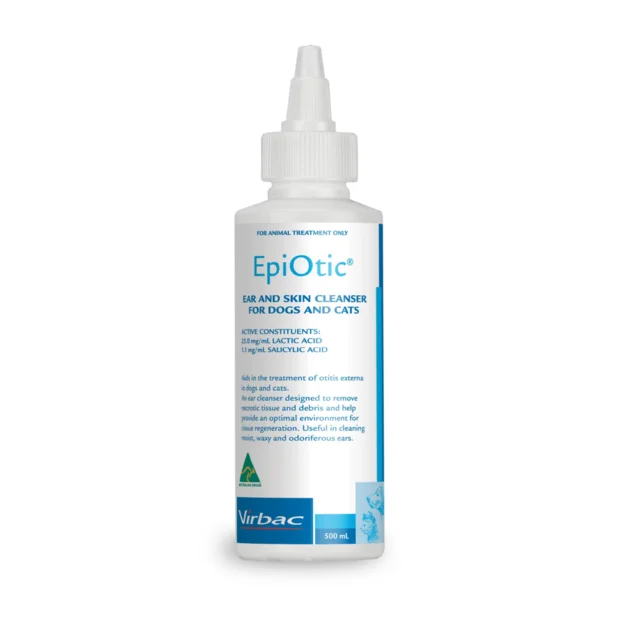
Dental Disease
Another often overlooked source of unpleasant doggy odours can be bad breath. Dental disease is very common, with over 80% of dogs showing signs of dental disease by the age of three. Dental disease and its accompanying odour is caused by an overpopulation of bacteria in the mouth.
How to fix bad dog breath
If your pet's breath smells unpleasant your first step should be to head to the vet for a dental check up. While some pooches may just need to practice good dental hygiene by having their teeth regularly brushed or starting a dental diet, others will need to have a scale and polish performed under general anaesthetic to remove plaque and tartar build up.
Best products for dental health
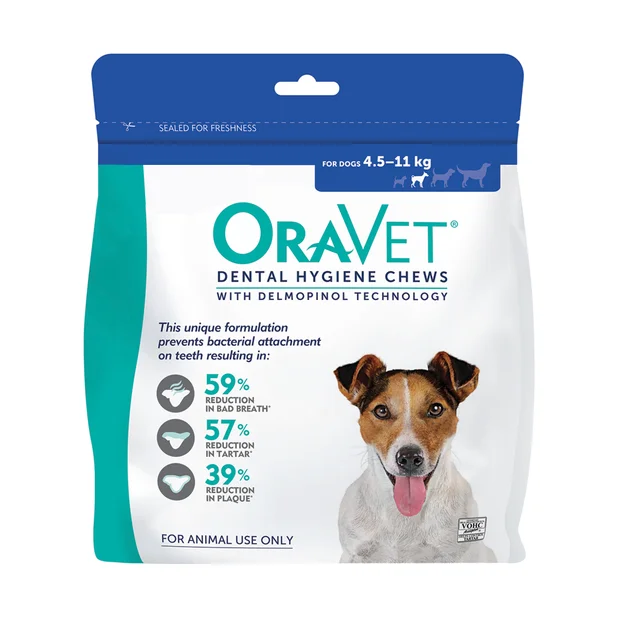
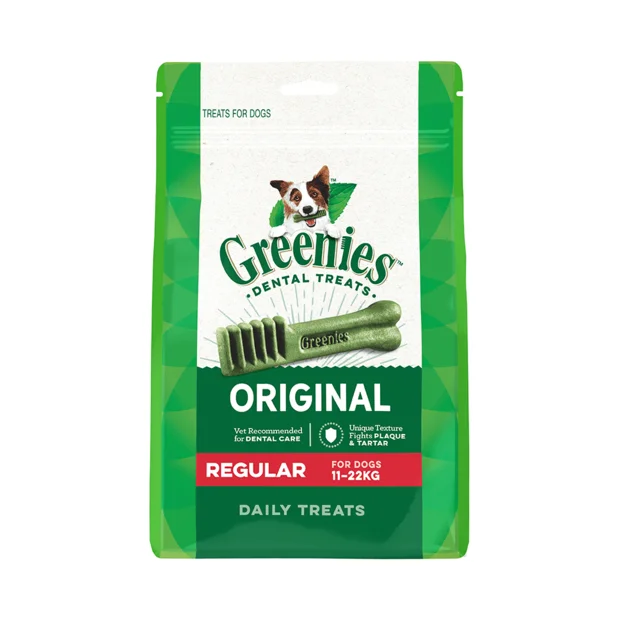
Dental Disease
Another often overlooked source of unpleasant doggy odours can be bad breath. Dental disease is very common, with over 80% of dogs showing signs of dental disease by the age of three. Dental disease and its accompanying odour is caused by an overpopulation of bacteria in the mouth.
How to fix bad dog breath
If your pet's breath smells unpleasant your first step should be to head to the vet for a dental check up. While some pooches may just need to practice good dental hygiene by having their teeth regularly brushed or starting a dental diet, others will need to have a scale and polish performed under general anaesthetic to remove plaque and tartar build up.
Digestive upset
Best products for digestive health
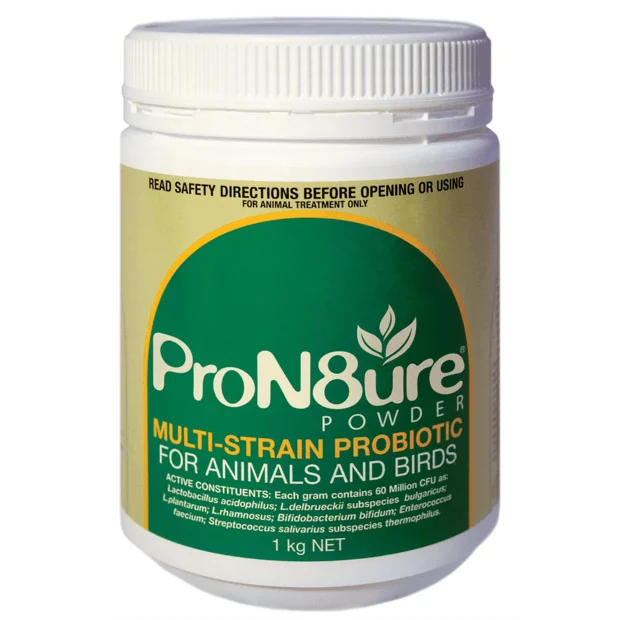
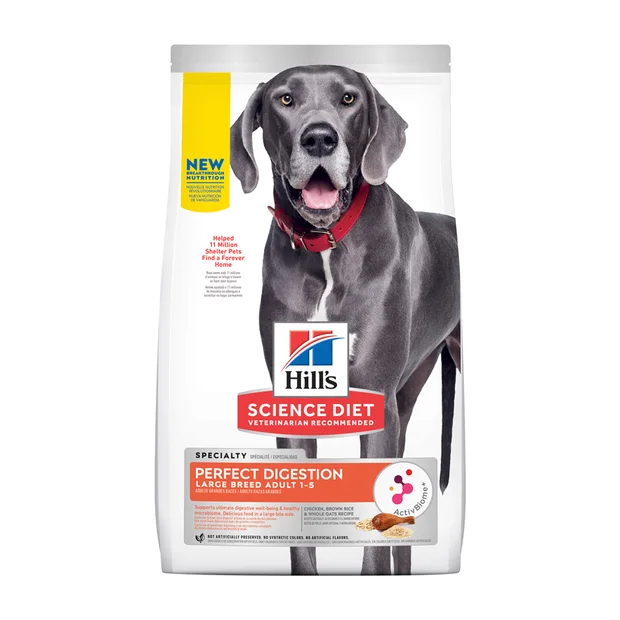
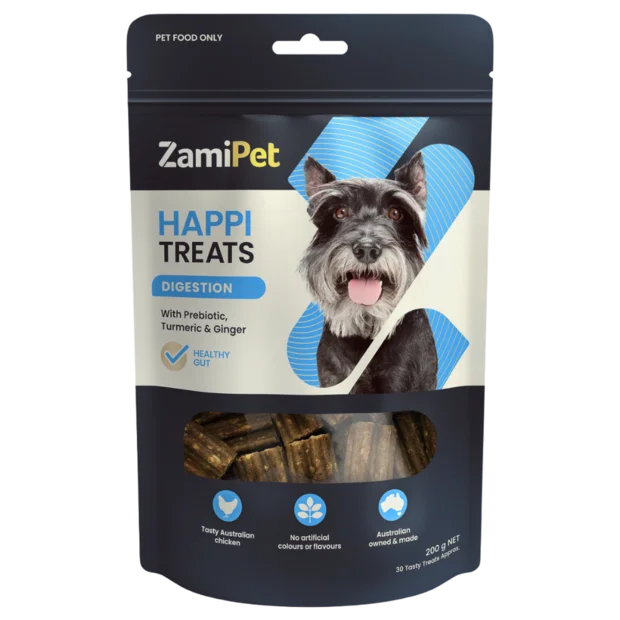
Anal Glands
If you notice a fishy smell arising from your dog's rear end it could be a sign of anal gland issues. Anal glands are part of your pooch's normal scent marking system but should be doing their job without causing any noticeable offensive odour.
If you notice your dog scooting (rubbing their backside along the ground), licking their backend or a disgusting fishy aroma then these glands may be impacted or infected and medical advice will need to be sought.
How to get rid of the fishy, anal gland smell
The treatment of anal gland issues depends on the cause, and stage of disease. Most anal gland issues can be managed medically, by manual expression, flushing of the anal glands, antibiotics and a dietary change. If your dog is showing any of the symptoms of anal gland issues, it is important to check in with your vet to determine the underlying cause, before attempting any home remedies.
For ongoing anal gland health, adding extra fibre to the diet in the form of a fibre supplement or high fibre therapeutic diet if recommended by your vet, is generally recommended.
For more information, have a read through Anal Gland Issues in Dogs.
Best products for anal gland health
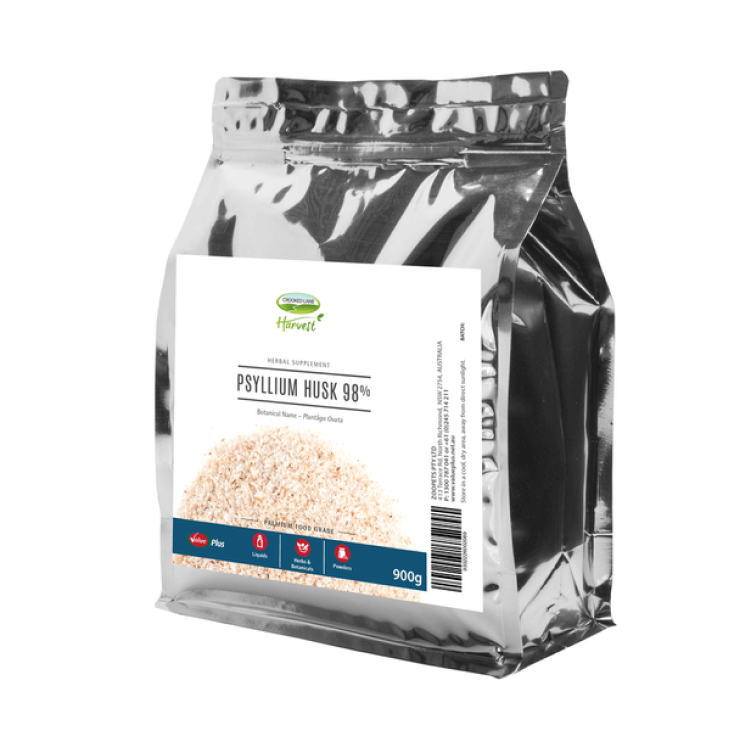
*Please note these are specialised therapeutic veterinary diets and must be used only under your veterinarians recommendation and supervision.
Although most of us would love it if our pooches smelled like a bed of roses, they certainly do not feel the same way! A little doggy odour is perfectly normal, however if you're concerned your dog's scent is excessively unpleasant or lingering a vet check may be required to find and treat the underlying culprit.
Want to know more?
Take a read through some of our other articles:
Which Plants are Toxic to dogs?
Want to know more? Check out our Discover Page for more tips from our expert vets on keeping your pets happy and healthy.